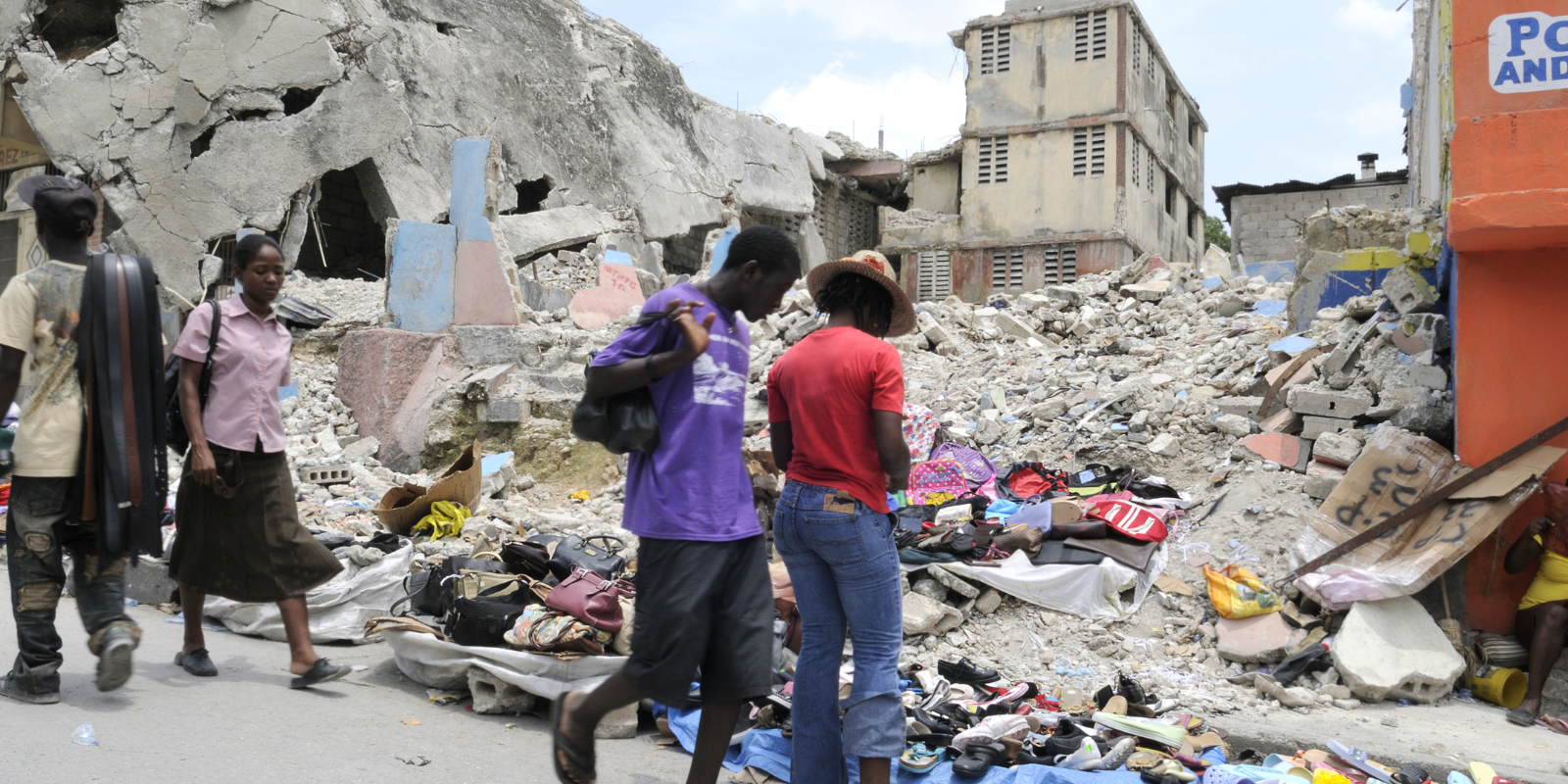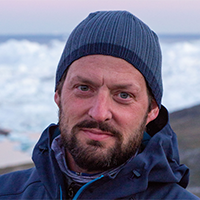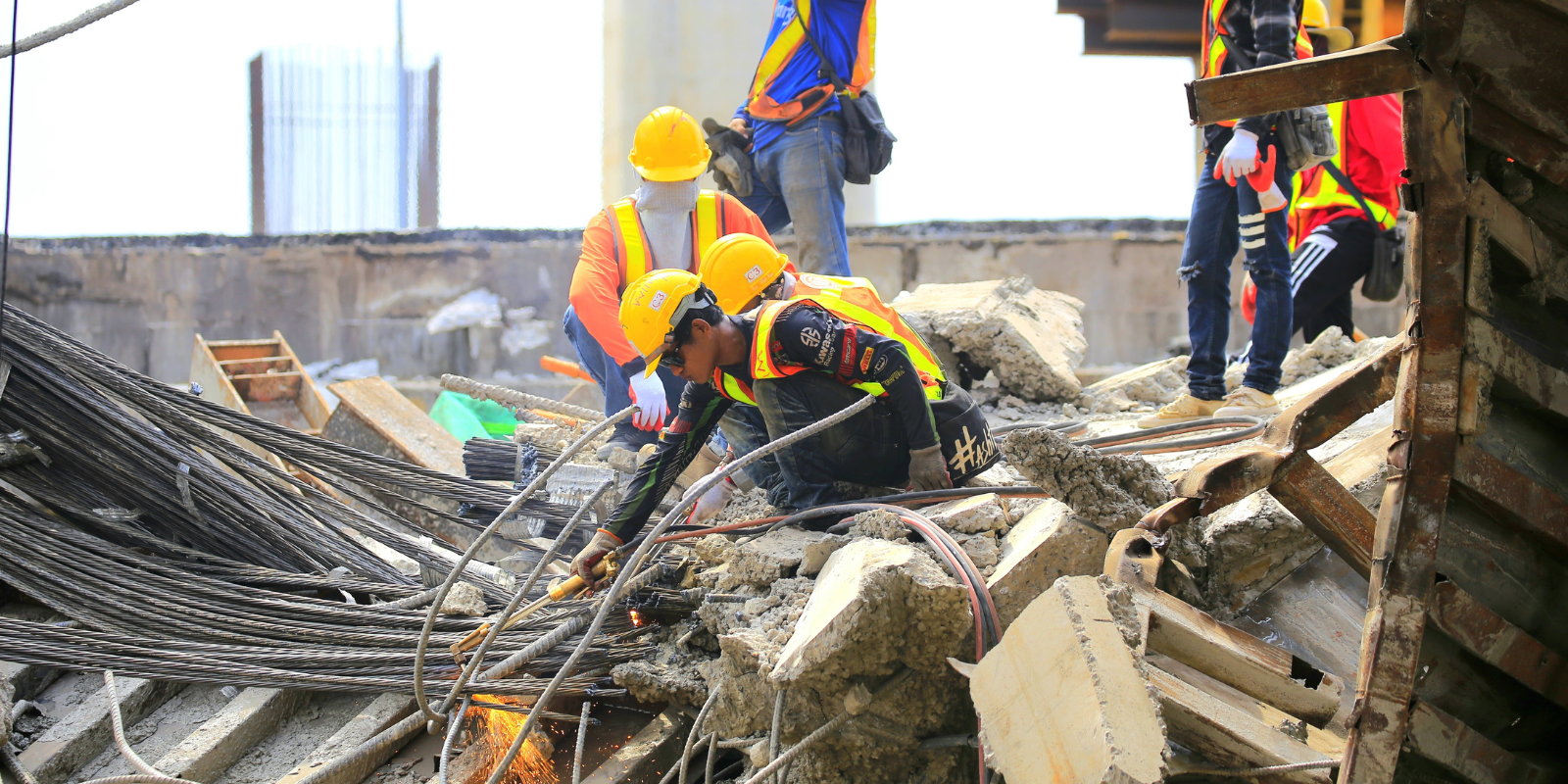You were a first responder during the 2010 earthquake in Haiti. Can you talk about the challenges faced by first responders in a country with more limited economic resources?
The first rule of medicine is “do no harm.” Disasters create dire situations with limited resources, so responders must avoid becoming a burden on the critical supplies. Haiti, being close to the U.S., highlighted how unqualified and underprepared responders can worsen an already tragic situation.
How does the weather in Myanmar and Thailand affect treatment and recovery efforts during disaster relief? What other factors influence the success of disaster recovery efforts?
Earthquakes cause immediate damage through traumatic injuries and, subsequently, illness through disrupted infrastructure (e.g., sewer systems), lack of access to regular medical care and displacement. Extreme climate – heat and humidity, cold and rain – can exacerbate stress upon the human body, especially for those who lost their homes and are forced to live in places without shelter, potable water and without barriers to insects and the diseases that they carry, such as malaria.
When you were in Haiti assisting with relief efforts, what aspect of the situation most surprised you, and what lessons did you learn from it?
I was witness to the most solemn example of human resilience that I’ve ever seen. Just days after the earthquake – in a village where several had been killed and many lost their homes – a morning procession passed us by where many relief workers were camping, families wearing their impeccably clean Sunday best, walking to an outdoor mass because their church was now gone. I was humbled to see such endurance of faith and human perseverance.
What advice would you give to first responders and their families as they prepare to travel overseas for disaster recovery efforts?
Know your role and partner with an accredited disaster relief organization that can support and coordinate your efforts. Individuals rarely help on their own and often create logistical problems. Unless you're an accredited medical professional with disaster training, the best contribution is donating to a reputable relief organization.
What challenges do first responders face when returning home after witnessing such a tragedy, and how can their families and communities support them during this time?
Medical providers often witness heartbreaking situations, but the scale of suffering in disasters is overwhelming. Earthquakes are instant, with massive loss of life and destruction. In areas of poverty or poor governance, the toll is even greater. Post-deployment psychological debriefs are essential, as PTSD (post-traumatic stress disorder) is a real risk for responders. Families and communities should be supportive and encourage proper mental health care.




